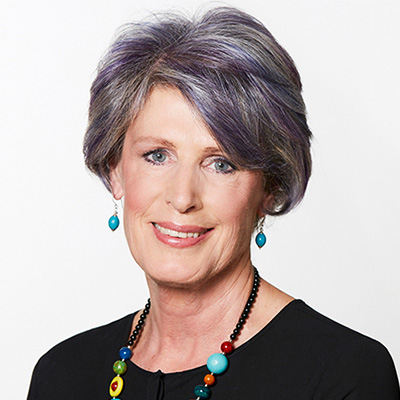
What's after year 12 for you? Separation? You are not alone
Maybe you’ve spent years feeling torn with indecision about your marriage? Unsure about whether to stay or go?
Meet Sarah and Peter who both felt that way. They had been married for twenty six years. They had three children, and the older two had left school and were making their own way in the world. Once their youngest daughter Georgie was in year 12, her formal was organised, schoolies booked, and the valedictory celebrations planned and paid for, Sarah and Peter both saw the chance to escape. For some years, they had both been thinking that the end of Georgie’s year 12 would be the time when they could end their marriage without disrupting their children’s lives too much. They figured they would have done their job by that time, and fulfilled their responsibilities as parents.
Peter and Sarah had done some couples counselling through the years to get over the usual bumps; they still enjoyed the family time they spent with their kids and relatives, and neither was disparaging about the other. But the fact was, they had become emotionally and physically detached from each other, so the moment when their last child finished school had become significant for them, in ways they hadn’t expected all those years ago when Georgie headed off to her first day of school.

Our upcoming book, “Breaking Up Without Breaking Down”, talks more about how relationships come apart, whether that is quickly or slowly.
Dr Tina Sinclair says in our book:
“Often relationships come apart slowly. There are turning points or negative triggers that undermine the attachment the couple had, and that erode their positive feelings and bonds. But then more positive events can occur or, more likely, there are periods of relative calm without any negative outbursts. These periods do not necessarily heal the damage of the difficult times – often the negative feelings are not addressed or resolved. As a result, the couple continues to grow apart over time, until the space between them feels like it can no longer be bridged”.
Tina describes the stages of uncoupling as:
• Disillusionment
• Erosion
• Emotional Detachment
• Physical Detachment
It can be hard to decide where or if you are on the uncoupling continuum, and if you and your spouse are in the same place. These stages don’t necessarily occur in a straight line, and you might be circling around and around.
If you are in the early stages of relationship breakdown, before you have become detached, individual or couples counselling can be your best option.
However, if you are in the later stages of relationship breakdown, you are less likely to respond well to therapy, and you might need to consider ending your marriage and want to learn about how to best do that.
Most people who face a decision to end their marriage or relationship have fears about the financial and social implications, as well as about hurting their family. Hence the decision by so many parents to hang in there till their last child finishes school, or until the child about to go into their final year, is through their exams.
After he and Sarah separated in a collaborative divorce, Peter wrote us an email and said “You probably don’t hear this very often, but Sarah and I have had more honest discussions in our collaboration than we had in our marriage. I’m glad we’re both still really connected to the kids, and we’ve never done the typical “he said, she said” thing, and the team helped us with that, so now we can look each other and our in-laws in the eye. I felt fed up with the whole thing quite often, because Sarah was so damn slow, and I might have snapped if we didn’t have (the psychologist) in our case. Our family owes you. Thank you”.
If you connect with this blog, please call me on 9939 6383, to talk about counselling, or to learn about how you can separate without causing lasting damage to everybody you love. Separation is inevitably sad, but it doesn’t have to be scary or nasty, and doesn’t need to leave your business or either household in financial distress. My mission is to support people in their relationships, whether that is in one household or two, by providing compassionate expertise that changes they way families experience separation, and sets them up for a positive future.

About The Author - Smart Separation.
It is my passion to challenge traditional thinking about divorce, to see common sense prevail so that divorce is separated from ‘the law’ and outside of courts. Apart from mediation and collaboration being my daily bread, as a practitioner and a trainer, I aim to change the world. A little. If you are keen to learn more about reaching an amicable settlement, please call 1800 960 064 for more information or an appointment.
